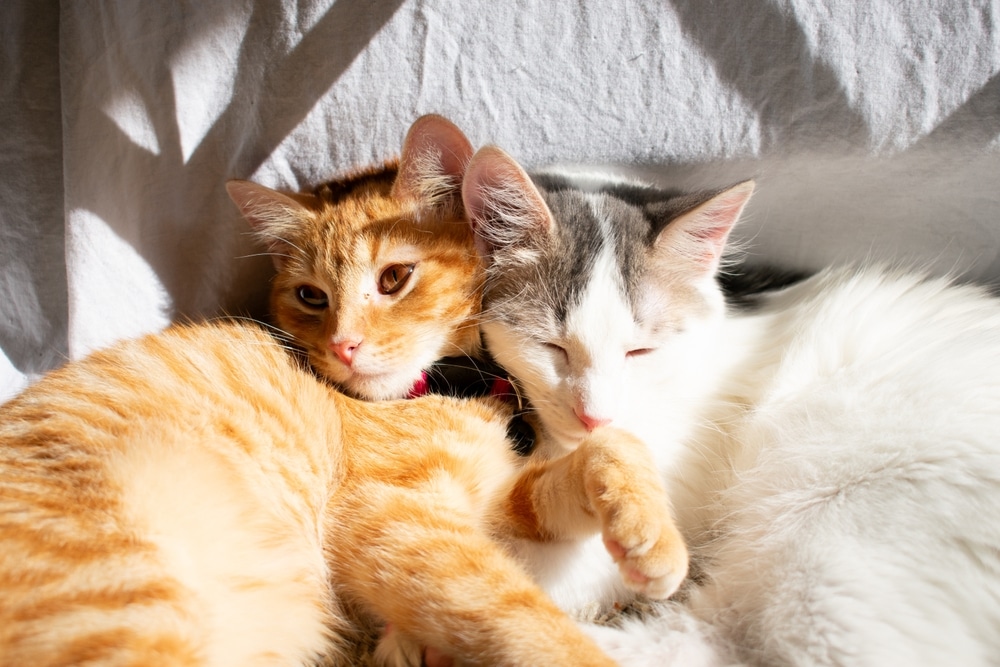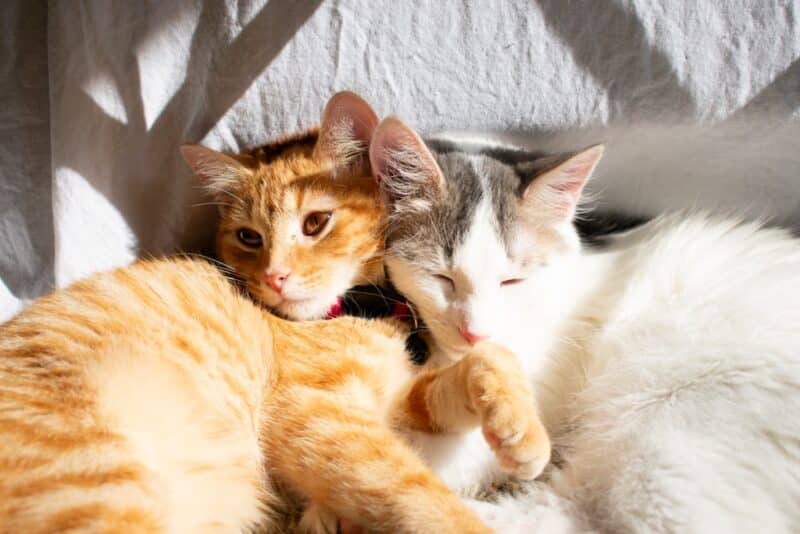Since our humble beginnings as Cat Fancy Magazine, Catster has been dedicated to being a one-stop shop for all things ‘cat’. How did we do that? We made it our mission to provide the most comprehensive feline resources available in the world.
The challenge of any mission is to never stop growing, learning, and changing. With that in mind, we are pleased to announce that The Conscious Cat is now a part of Catster.
The Conscious Cat: History & Evolution
Conscious Cat was founded in 2009 by Ingrid King. At a time when blogging was in its relative infancy, Ingrid quickly came to personify everything that was best about the art form – combining passion and interest with an extensive knowledge of cat health, nutrition, and behavior. Quickly rising to become a preeminent force within all things ‘cat’, Ingrid had a primary focus on ‘conscious living’ as it translates to our feline friends, i.e., holistic and alternative care for our feline companions. The site attracted a dedicated and substantial following for its unique first-person narratives and expert advice on topics ranging from nutrition, behavior, grooming, training, and everything in between. Ingrid’s perspective wasn’t only well-regarded by readers but by the industry as a whole. From winning the Cat Writer’s Association ‘Certificates of Excellence’, to the ‘Nose-to-Nose’ award for Best Cat Blog, her work has continually raised the bar distinctively and memorably.
What Does This Mean for Catster?
As cat owners, we’re always looking for ways to keep our cats happy and healthy, in ways that compliment our lifestyles. Sometimes we feel like a different approach to a problem may warrant investigation. The Conscious Cat’s content has a clear place within this for two reasons:
- A wider variety of content, including a mindful approach to cat care.
- Expert contributors with alternative insights.
Changes to Conscious Cat Content

Fans of Conscious Cat will be happy to hear that all your favorite content is available on Catster, so you can continue to enjoy the mindful approach to feline wellness. We’ll try to keep changes to a minimum, only ensuring that content is up-to-date to keep cats and their carers as healthy and happy as can be, for many years to come!









